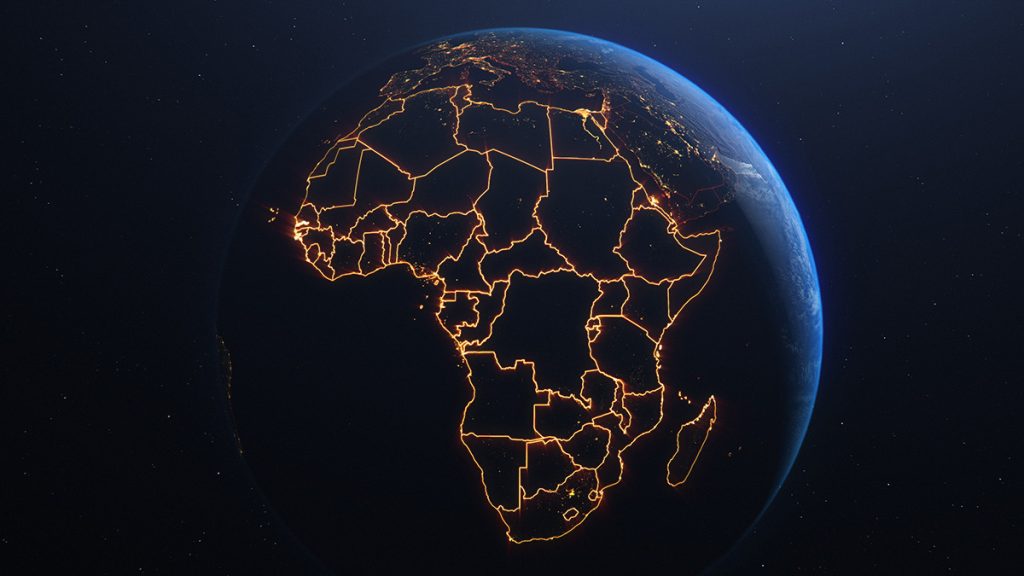
As the world becomes increasingly connected and reliant on technology, the digital divide – the gap between those who have access to digital technologies and those who do not – has emerged as a critical global issue. In recent years, the United States has expressed interest in increasing its investment in Africa, a continent with immense potential for economic growth. However, questions arise about the true geopolitical interests and intentions behind these investments. Is the US genuinely committed to bridging the digital divide and empowering African nations, or are there other interests at play? This article aims to analyze this question, focusing on the role of tech companies in expanding access to technology in Africa and the ethical considerations involved.
Local Empowerment or Exploitation?
The digital divide in Africa is a complex issue that encompasses various challenges, including limited infrastructure, high costs of internet access, and lack of digital literacy. While some tech companies have been actively working to bridge this divide by expanding internet access and providing affordable devices, there are concerns about their true motives. Some argue that these companies are primarily driven by profit-making and geopolitical interests that are interested in tapping into the vast untapped market in Africa, rather than genuinely empowering the local population.
One key area of interest for tech companies is the expansion of internet connectivity in Africa. Companies like Google and Facebook have launched ambitious projects aimed at bringing internet access to remote and underserved areas of the continent through initiatives such as Project Loon and Internet.org. While these efforts have the potential to connect millions of people who previously lacked access to the internet, there are concerns about data privacy, surveillance, and potential monopolistic control by these companies. Critics argue that these initiatives could lead to an unhealthy concentration of power in the hands of a few tech giants, further exacerbating existing inequalities.
Another area of concern is the production and distribution of technology devices in Africa. Many tech companies have set up manufacturing facilities in Africa to produce affordable devices such as smartphones, tablets, and laptops targeted at the local market. While this has the potential to create local jobs and spur economic growth, there are ethical considerations involved. For example, there are concerns about labor practices, environmental impact, and exploitation of local resources. Moreover, there are questions about whether these devices truly meet the needs of the local population or are simply replicas of devices designed for Western markets.
As well as, the role of tech companies, there are broader geopolitical interests at play in the US’s increased investment in Africa. Africa is rich in natural resources, and some argue that the US’s interest in Africa is driven by a desire to secure access to these resources and counter the influence of other global powers such as China. Critics argue that this interest in Africa is primarily driven by economic and strategic considerations, rather than a genuine commitment to bridging the digital divide and empowering African nations.
Final Thoughts
The issue of bridging the digital divide in Africa is multifaceted, and the US’s increased investment in the continent raises important questions about its true intentions. While tech companies have played a role in expanding access to technology, there are concerns about their motives and ethical considerations involved. It is important for stakeholders to carefully examine these investments and ensure that they are genuinely empowering African nations and bridging the digital divide, rather than serving narrow interests. Only through transparent and responsible actions can the US and tech companies contribute to sustainable development and empowerment in Africa.
Inside Telecom provides you with an extensive list of content covering all aspects of the tech industry. Keep an eye on our Intelligent Tech sections to stay informed and up-to-date with our daily articles.